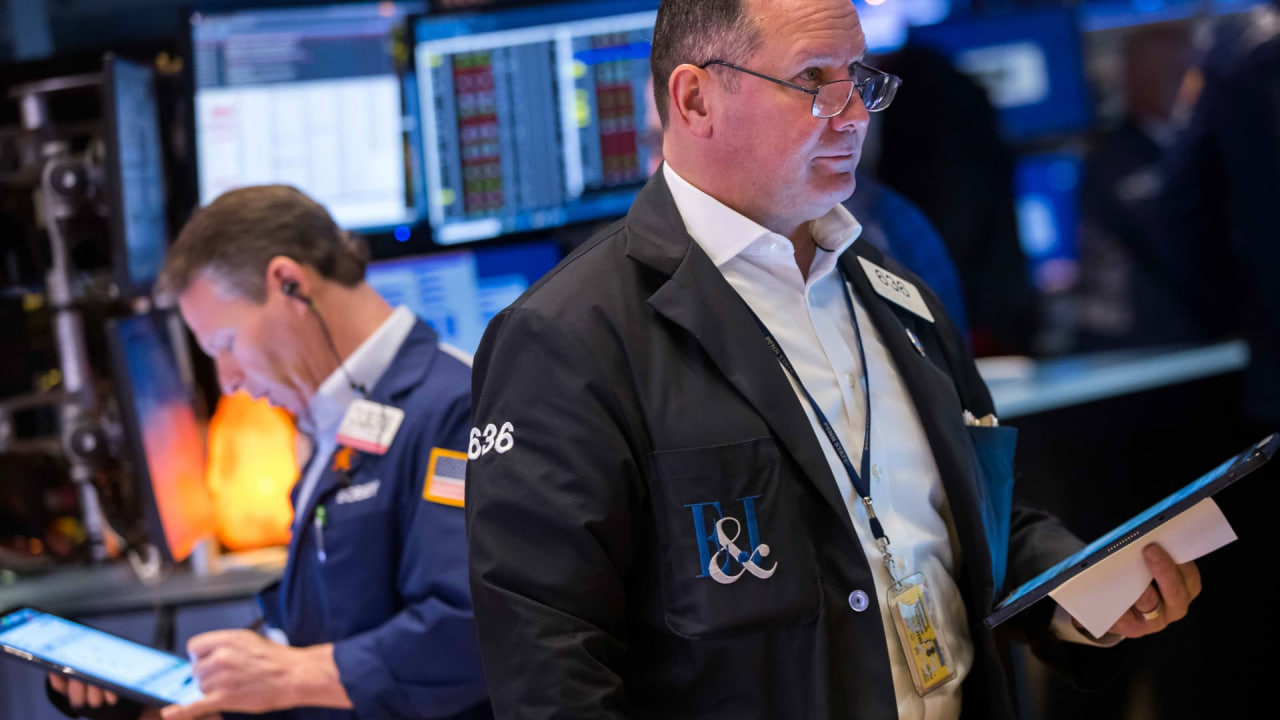NEOM CEO's Shocking Resignation: A Deep Dive into the Future City's Uncertain Future
Meta Description: NEOM CEO resignation, Nadhmi Al-Nasr, Aiman Al-Mudaifer, Saudi Arabia's Vision 2030, mega-project challenges, financial constraints, The Line, future city development, economic diversification.
The sudden departure of Nadhmi Al-Nasr, CEO of NEOM, the ambitious futuristic city project in Saudi Arabia, sent shockwaves through the global business world. It's not just the loss of a high-profile executive; it's a significant tremor in the foundations of a project billed as the world's largest and most audacious undertaking. The silence surrounding the reason for his departure only amplifies the intrigue, leaving investors, experts, and the public alike scrambling for answers. This unexpected development raises serious questions about NEOM's future, its financial stability, and the overall feasibility of its ambitious goals. Was this a planned departure, a strategic shift, or a symptom of deeper, more troubling issues? This in-depth analysis unpacks the situation, explores the potential ramifications, and offers a nuanced perspective on the challenges NEOM faces as it navigates this critical juncture. We'll delve into the intricacies of the project, its financial landscape, the political implications, and the broader context of Saudi Arabia's Vision 2030. Prepare for a journey into the heart of a mega-project shrouded in both immense promise and considerable uncertainty. Get ready to uncover the truth behind the headlines and understand the implications of this seismic shift in the NEOM narrative. This isn't just a story about a CEO leaving a job; it's a story about the future of a nation's ambitions, the realities of mega-projects, and the inherent complexities of transforming a vision into reality. Let's dive in!
NEOM: The Vision and the Reality
NEOM, a brainchild of Saudi Crown Prince Mohammed bin Salman (MBS) and a cornerstone of the Kingdom's Vision 2030, is envisioned as a futuristic city spanning 26,500 square kilometers (roughly the size of Massachusetts). The sheer scale of the project, with a projected investment of $500 billion, is breathtaking. It aims to be a global hub for innovation, attracting talent and investment from around the globe. Initially, the project was touted as a beacon of technological advancement, featuring projects like The Line, a 170-kilometer-long linear city with mirror-clad facades, standing 500 meters tall and 200 meters wide. Sounds like something out of a sci-fi movie, right?!
However, the reality has been significantly more challenging than the initial glossy presentations. While NEOM boasts ambitious plans across nine key sectors, including energy, biotech, and entertainment, it has consistently faced headwinds. Delays, cost overruns, and personnel turnover—including the recent high-profile departure of the CEO—have cast a shadow over the project's progress. The whispers of financial constraints, with budget cuts and a reduced population projection, further highlight the difficulties in translating such an ambitious vision into tangible reality. The project is now reportedly facing a 20% reduction in its annual budget, a serious blow to its ongoing development.
The CEO's Departure: A Turning Point?
The abrupt exit of Nadhmi Al-Nasr, the former CEO who had steered NEOM since 2018, has understandably raised eyebrows. The official statement cited a transition to a "new delivery phase," but the lack of specifics has fueled speculation. Some analysts suggest the departure might be linked to the project's financial challenges and the need for a leadership change to address the mounting pressures. Others point to potential internal disagreements or strategic shifts within the Saudi government. Whatever the reason, Al-Nasr's departure marks a significant turning point for NEOM. His replacement, Aiman Al-Mudaifer, the former head of the Saudi Public Investment Fund (PIF)'s investment department, brings a wealth of experience in finance and investment, which could be crucial in navigating the current financial headwinds.
The Role of the PIF
The Public Investment Fund (PIF) is a pivotal player in the NEOM story. As the primary source of funding for the project, its involvement is intrinsically linked to NEOM's success or failure. The PIF's role extends beyond simple financial backing; it effectively shapes the project's strategic direction and priorities. Al-Mudaifer's appointment from within the PIF signifies the Fund's continued commitment to NEOM, but it also underscores the need for a more financially focused approach to the project's management.
Navigating Financial Hurdles
The financial aspects of NEOM are undeniably crucial. The massive initial investment is only part of the equation; ongoing funding requirements are equally significant. The recent budget cuts and the downward revision of the projected population by 2030 speak volumes about the project's financial realities. While the PIF remains a major investor, the need to explore alternative financing mechanisms, such as attracting private sector investment, is evident. Al-Nasr's efforts to secure additional funding from banks prior to his departure highlight this crucial challenge. The success of NEOM hinges on a robust financial strategy that can sustain the project through its various phases, particularly considering the massive scale and long-term nature of the undertaking.
Challenges Beyond Finance
Beyond financial concerns, NEOM faces other significant challenges. Environmental impact assessments, social considerations concerning displacement and community integration, and the very feasibility of constructing The Line, a truly unique architectural marvel, require careful consideration. Any mega-project needs to balance ambitious goals with practical realities, and NEOM is no exception.
The Line: A Symbol, A Challenge
The Line, the iconic linear city, represents not just an architectural feat but also a symbol of NEOM's ambition. It embodies the futuristic vision of the project, but its construction presents unprecedented engineering and logistical challenges. The sheer scale of the undertaking, coupled with the innovative design, necessitates meticulous planning and execution. The potential environmental impact and the challenges of managing a high-density, linear urban environment are critical considerations that must be addressed proactively.
Frequently Asked Questions (FAQs)
Q1: Why did Nadhmi Al-Nasr leave NEOM?
A1: The official statement offers no specific reason. Speculation ranges from strategic shifts within the Saudi government to challenges related to the project's financial viability and execution.
Q2: Is NEOM in financial trouble?
A2: While the PIF provides substantial funding, budget cuts and the revised population projections suggest there are significant financial pressures. The project needs to attract further investment to remain on track.
Q3: What is the role of the PIF in NEOM?
A3: The PIF is the primary funder and plays a crucial role in shaping the project's strategic direction. Al-Mudaifer's appointment highlights the PIF's continued involvement.
Q4: What are the main challenges facing NEOM?
A4: Challenges include securing sufficient funding, managing cost overruns, addressing environmental concerns, integrating the project with local communities, and overcoming the engineering complexities of innovative designs like The Line.
Q5: What is the future of The Line?
A5: The Line remains a central part of NEOM's vision, but its future depends on successfully addressing the significant engineering, financial, and environmental challenges associated with its construction.
Q6: Will NEOM achieve its goals?
A6: Whether NEOM achieves its ambitious goals remains to be seen. The project's success hinges on effectively addressing the many challenges it faces, including financial sustainability, logistical complexities, and social considerations.
Conclusion
The departure of Nadhmi Al-Nasr casts a spotlight on the ongoing challenges facing NEOM. While the project's vision remains compelling, its journey has proved far more complex than initially envisioned. The financial realities, the ambitious scope of its undertakings, and the need to navigate various logistical and social complexities demand a pragmatic and adaptable approach. The appointment of Aiman Al-Mudaifer from the PIF suggests a shift towards a more financially focused leadership, which could be crucial in navigating the project through its challenging phase. The future of NEOM hinges on a successful strategy that balances ambition with realistic assessments of financial constraints, environmental concerns, and social implications. The next few years will be pivotal in determining whether this futuristic city will become a reality or remain a somewhat elusive, albeit fascinating, dream.



